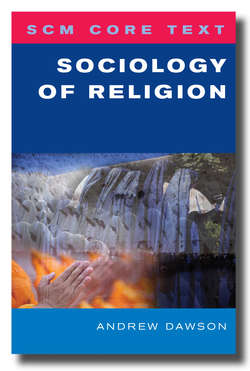Читать книгу SCM Core Text Sociology of Religion - Andrew Dawson - Страница 48
На сайте Литреса книга снята с продажи.
Situated knowledge
ОглавлениеAlthough most sociologists do not agree with a number of key features of Marx’s account of historical development, two of his most important assertions have nevertheless come to form central components of a good many sociological approaches. The first of these is Marx’s insistence that all forms of human knowledge be understood in relation to the material contexts within and through which they are produced. Echoing his ongoing battle with idealism, Marx argues that:
The production of ideas, of conceptions, of consciousness, is at first directly interwoven with the material activity and the material intercourse of men . . . In direct contrast to German philosophy which descends from heaven to earth, here we ascend from earth to heaven . . . Life is not determined by consciousness, but consciousness by life. (McLellan, 1977, p. 164)
Most commonly termed ‘constructionism’ or ‘constructivism’, Marx’s view that knowledge should be viewed as something produced within and thereby – to a greater or lesser extent – relative to a given social context is for many sociologists a foundational theoretical assumption which applies just as much to religious knowledge as it does to other forms of mental activity (Beckford, 2003; Burr, 2003).
